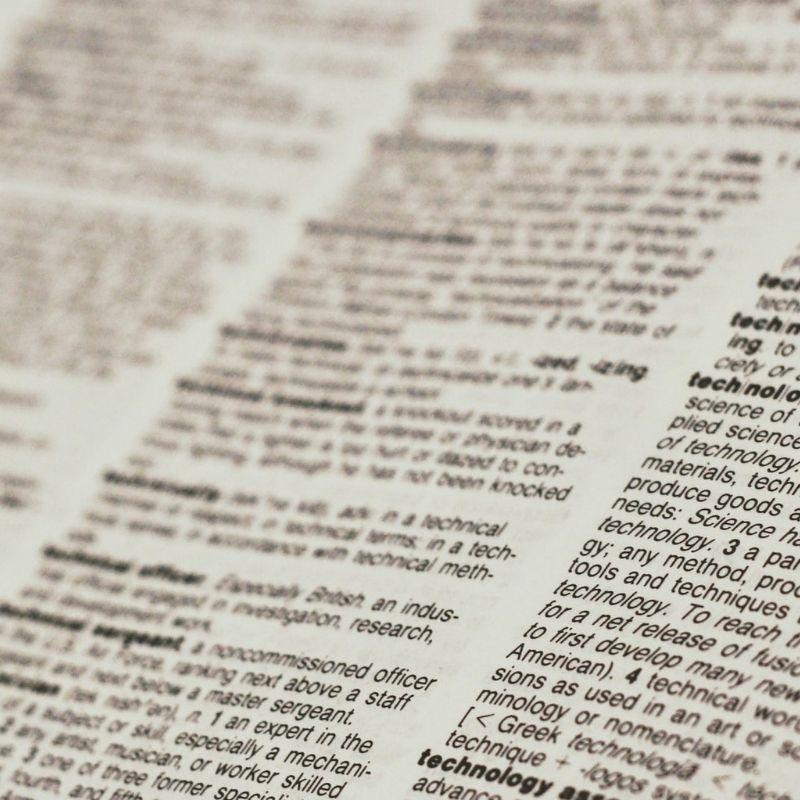How it works
Reading can be a great “booster” for SuperTip # 1, which says that understanding the material is crucial to effective learning. When reading a text as a whole, you can see individual words and grammatical structures used “in practice”, which is why it is easier for you to assign them a specific role in a sentence, and build relationships and logical associations between facts, rules and information.
How can you use it?
Understanding material through reading also has one major advantage – it allows you to subconsciously consolidate previously acquired information. When we see the same word or phrase again and again, used in different contexts, our network of associations expands and the brain gradually encodes them in long-term memory. That is why it is great support, among other things, for the SuperMemo intelligent repetition methods.
If you feel like making flashcards or keeping a vocabulary book, reading can also be an effective method of increasing your vocabulary. However, you do not have to check and write down every new word found in the text – just a few of the most interesting ones from, let’s say, each page, or 1-2 from each paragraph (if you are reading an article) will be enough. It will be easier for you to encode in your long-term memory those words which seemed most interesting!
What to read
The answer is: anything that has been linguistically checked by a professional. You don’t have to start with Dickens or Cervantes – especially if you are not yet comfortable with your language skills. Children’s books can be a good start. They are often written in simple language. So-called readers i.e. simplified literary classics, adapted to the basic level of A1-A2, are also a good choice. It is also worth paying attention to articles in foreign lifestyle magazines, and even… product labels.



